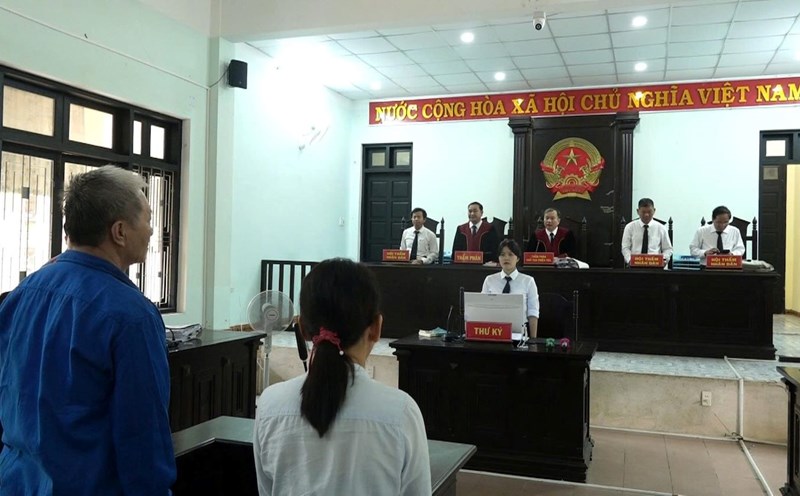After recent serious incidents related to violations in the field of sending Vietnamese workers to work abroad, including the prosecution of Deputy Minister-level leaders, the Ministry of Home Affairs is showing its determination to rectify existing problems from the root.
One of the recent notable proposals is "abandoning sub-licenses", cutting cumbersome licensing procedures in the field of labor export.
Even as Deputy Minister of Home Affairs Nguyen Van Hoi told Lao Dong: "In the near future, we will propose to amend the law, and some decrees related to labor export activities".
This is a somewhat late move, but very necessary to rebuild trust and transparency for the international labor market.
In reality, over the years, it has been shown that the operating license to send workers to work abroad (work export license) is one of the administrative barriers that cause frustration for businesses and workers.
Each step in the process of applying for a license, renewing, supplementing, and adjusting a license is associated with steps and steps of procedures and many risks of harassment.
In that context, the proposal to abolish sub-licenses, even amend the law, is not only a solution to reduce administrative procedures but also a decisive step to prevent the formation and development of interest groups that manipulate the labor market.
A market where the licensing mechanism is too complicated often leads to the opportunity to be sold in many forms, from "greasing" documents to "running" targets.
The consequences are that workers have to bear imprecise costs, even being scammed and exploited, while honest businesses have difficulty competing if they do not comply with the "unwritten rules".
The removal of the subsidiary's license is a right step, but only the beginning. The important thing is the mechanism for changing the way of managing and licensing labor export.
Instead of controlling through complicated administrative procedures, it is necessary to switch to strong post-inspections, clearly linking legal responsibility with businesses, local authorities and agencies under the ministry.
Each dossier of sending workers abroad needs to be monitored by identification code, each contract must be transparent and supervised by a public mechanism, and cannot be left to the enterprise to operate itself.
According to the latest report of the Ministry of Home Affairs, Vietnam currently has over 700,000 workers working abroad under contracts with stable incomes, sending a large amount of bribes to the country, about 3.5 - 4 billion USD/year, which is not a small number.
We should rectify the negative aspects and shortcomings in labor export management, in addition to protecting the legitimate interests of the people, it is also a way to build Vietnam's prestige in the international labor market.













